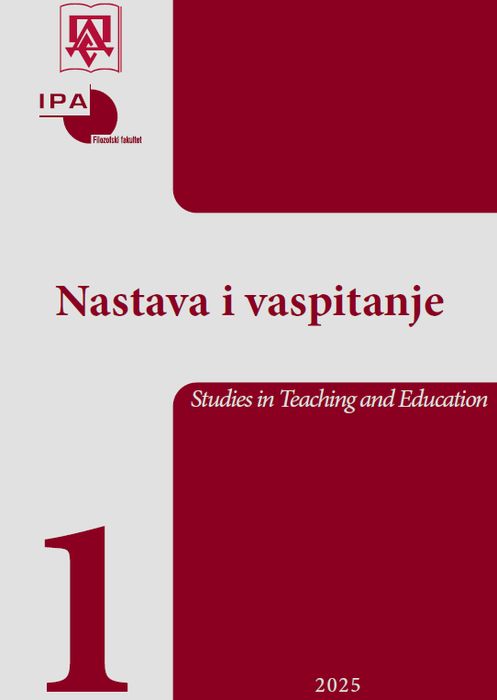Društvena klasa i pol u jednačini
matematičkog identiteta učenika
Social Class and Gender in an Equation of Students’
Mathematics Identity
Author(s): Katarina Mićić, Olja JovanovićSubject(s): Education
Published by: Педагошко друштво Србије
Keywords: mathematics identity; social class; gender; cultural capital; inequity;
Summary/Abstract: Addressing the achievement gap in mathematics across social class and gender is essential,as mathematics is widely seen as a pathway to social mobility and a tool for breaking cyclesof inequality. This study adopts a Bourdieusian perspective and the concept of mathematics identity (MI)to investigate the factors that hinder or support disadvantaged students in identifying with mathematics.Thematic analysis of semi-structured interviews with six disadvantaged fourth- and fifth-graders revealedsystemic challenges shaping their MI. From their first encounters with school mathematics, these studentsface barriers that undermine their confidence and foster negative self-perceptions. While they recognizethe societal importance of mathematics, they feel personally and academically disconnected from it, resulting in tensions in their relationship with the subject. Rather than following the institutional requirementsfor developing mathematics competence, these students focus on short-term academic goals. Genderdifferences also emerge, as boys appear to benefit slightly from aspects of their MI being reinforced bytheir gender identities, though this advantage comes with added pressures and responsibilities. In contrast,the gender identity of girls from disadvantaged families often further contributes to the negative construction of their MI. Improving mathematics education for disadvantaged students requires teachers to recognize and address systemic barriers, such as implicit rules, biases, and hidden messages, while creatingopportunities for all students to find mathematics meaningful and feel a sense of progress. However, trueequity goes beyond teachers and demands systemic changes, starting with curriculum developers andteacher education programs, to redefine school mathematics as an inclusive domain for all.
Journal: Nastava i vaspitanje
- Issue Year: 74/2025
- Issue No: 1
- Page Range: 49-67
- Page Count: 19
- Language: English, Serbian

